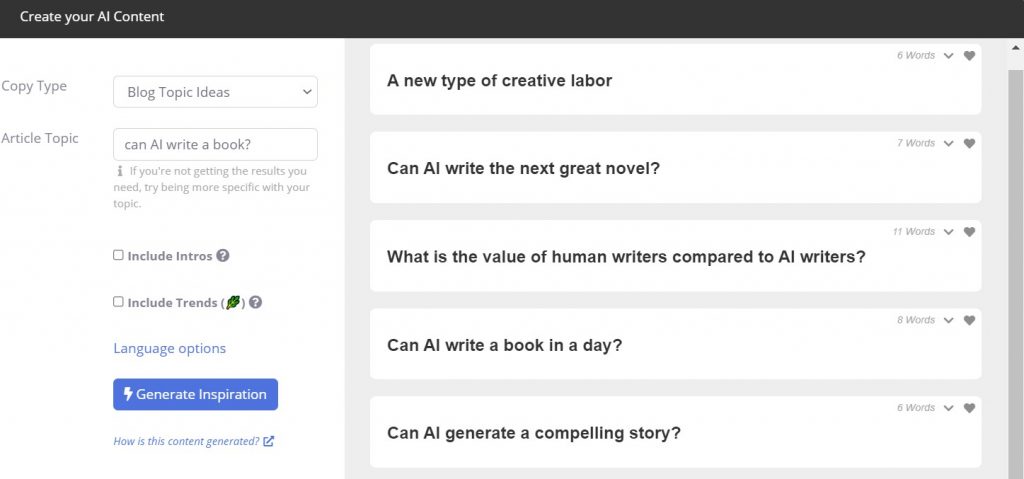For almost 300 years, books have been the primary means of gathering and sharing information. They were the way that people learned, shared stories, and spent their free time, but has their time come and gone? The technological age has introduced a new way to read that has redefined how we think about books.
In the last decade, the field of e-readers has exploded in popularity. It is now more common for people to buy a tablet or laptop than to purchase a traditional hardcover book. The flexibility and convenience offered by these devices, such as being able to download a book instantly onto an iPad and read it on a bus, are part of what draws people to them. Indeed, the future of books, as we know them, seems to have changed.
The Electronic Book
What does the future really hold? What’s in store for books? The trend is definitely moving towards the eBook as the major source for younger readers . A study from June 2012 showed that 116.6% more 10 to 15 year-old readers were gravitating towards reading electronic books as opposed to the traditional kind and we are now almost a further decade on. Technological advancements have been such that these statistics are slanting even more in favour of the traditional book’s electronic younger brother.

Downloadable eBooks
eBooks are easily obtainable. After making a card payment, your new eBook is with you in a split second. There is no longer any need to spend hard-earned cash for petrol and take much-needed time searching a book store for a desired title. Sure, traditionalists may argue that this is part of the book-buying experience but, as economic times get tougher and personal safety through public exposure adds further to the social risk, will this be the case for much longer?
Cloud-based eBooks
With the advent of the cloud, cloud-based books are also available online, in a similar way to the downloadable eBooks from retailers. There are a multitude of titles available at your fingertips without much effort, making further transportation costs for a desired book a thing of the past.

Audio books
Audio books are another form of digital seller that hold numerous benefits. They hold immense value for those with impaired vision and are a great way to increase your understanding of a specific topic or theme without having to focus all of your attention on the book alone. For those of you desperate to consume additional knowledge, without time to do so, multitasking with an audio book is a brilliant way to learn on the go while maintaining your productivity levels.
Writing and AI
Not only are readers benefitting from AI and the digital age, but writers are as well. AI writers are enhancing writers’ inspiration and productivity levels by suggesting new storyline ideas and assisting in creating drafts for them, giving writers more time to work on other projects simultaneously. Numerous features including long form editors for drafting, listicles for research leads, blog topic ideas, outlines and intros for blog writing, and plagiarism checkers for originality all assist you, the writer, in making your writing projects that little bit easier to complete.

The benefits of digital books
What are the benefits of digital books? Let’s think about durability. Books have been valued collectables for readers for decades but, with physical books, weathering and degradation often occurs. And accidents happen. The digital book can be backed up and stored on a flash drive in case of a loss of data and as many copies as you desire can be made to ensure you don’t lose your valuable titles. Accessibility is also a major benefit of digital books. Due to technology, you are now able to access your book through your iPad, your phone, your kindle or your laptop for immediate reading, with no need to worry about forgetting it at home.
There’s life in the old dog yet…
Traditional books are no longer the most commonly used source of information or literature available to humans, but they’re by no means dead. They still have plenty to offer us in the present day. People will continue to read, write and share physical books on a daily basis. Even with the advent of the eBook, research conducted shows that an average self-published digital-only title reaches lifetime sales of approximately 250 copies. In comparison, a traditionally-written print-form book will reach sales of around 3,000 copies. Printed books appear to be more than holding their own in terms of “shelf life”.
In conclusion
Many traditionalists refuse to even contemplate purchasing digital copies. As a collector of books myself, I was in the same camp for many years. For me, browsing a book store for valuable titles was part of the whole experience. When you add this to settling down on the sofa to read, with an open window and a cup of coffee at hand, it’s a feeling that few others compare to. The smell of the book itself and the crispness of each page turned only enhances this further.

Nowadays I probably own more eBooks than traditional ones. I’ve learned to incorporate digital books into my collection, with only super-special titles still being sought out in print form. The same goes for my writing – I make use of an AI writer to speed up the process, but still enjoy getting into the nitty-gritty of real research when I can, and am truly enjoying the editing process more now. Adding a human touch to expand upon generated ideas ensures that they will always remain entirely mine!
There is room in both reading and writing for AI. We need to embrace the old and the new as part of our changing world, and appreciate both for what they are. It’s called evolving, which is what we, as humans, are about, isn’t it?
- Technology and the future of books - July 29, 2021
- The benefits and importance of UX writing - July 29, 2021
- Use the science of music as a tool to enhance creative productivity - July 28, 2021
